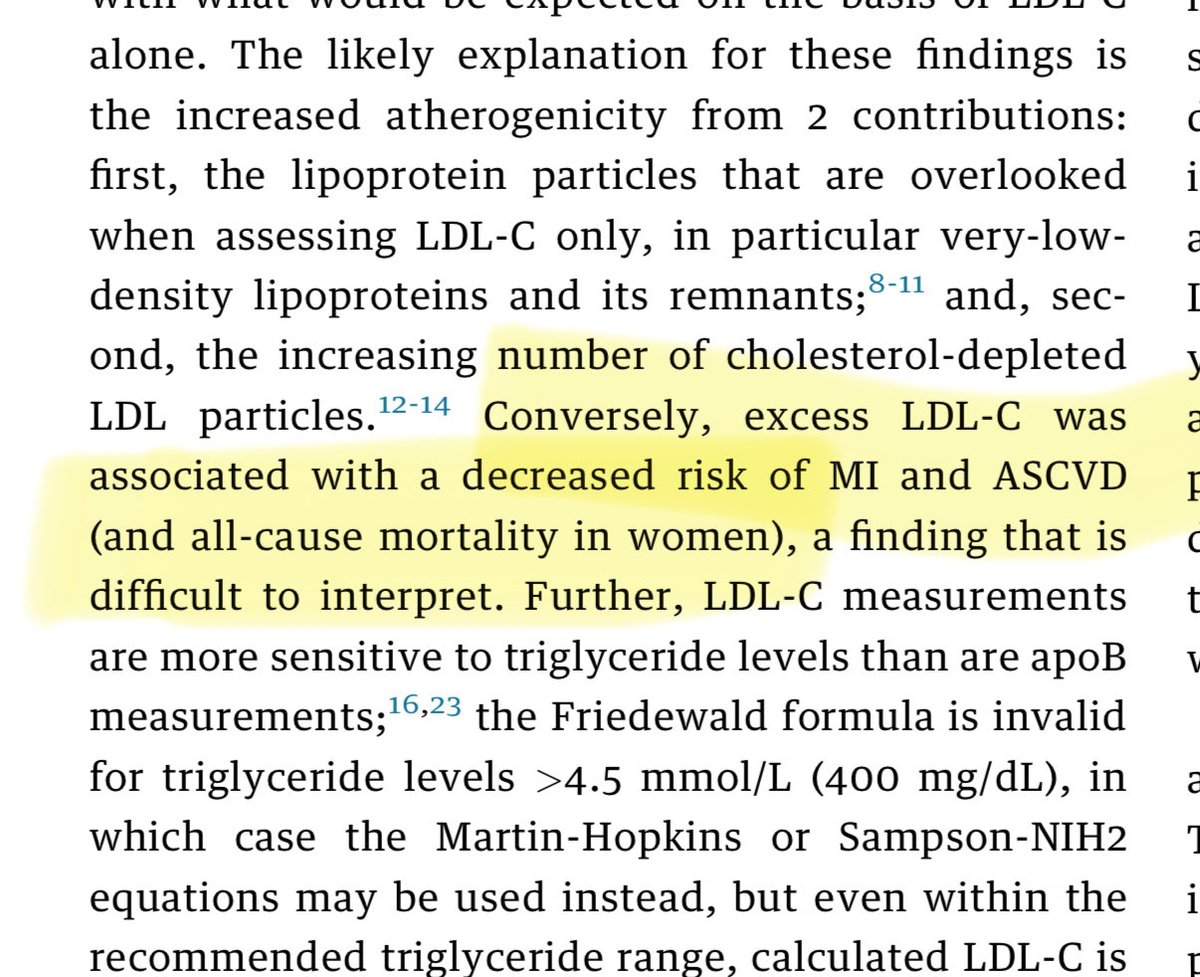🚨 THREAD ON COVID (it’s going to get ugly) 🚨
•no politics 🙏
•no crazies 🙏
Today I watched segments of an interview with a prominent immunologist (name rhymes with ouchy)
This scientist said he doesn’t believe in T-cell immunity for the novel coronavirus
1/11
•no politics 🙏
•no crazies 🙏
Today I watched segments of an interview with a prominent immunologist (name rhymes with ouchy)
This scientist said he doesn’t believe in T-cell immunity for the novel coronavirus
1/11
Now, I’m certainly no expert in immunology but I decided to educate myself
I started here and here
bmj.com/content/370/bm…
nature.com/articles/s4158…
I also read these key citations below on T cell immunity
2/11
I started here and here
bmj.com/content/370/bm…
nature.com/articles/s4158…
I also read these key citations below on T cell immunity
2/11

How can a prominent immunologist not consider this early body of research? So I thought about potential roadblocks to accepting new data... a process called anchoring bias
This is a bias that’s created when you commit to an outcome & don’t assimilate new info as it arises
3/11
This is a bias that’s created when you commit to an outcome & don’t assimilate new info as it arises
3/11
initially I was accepting of lockdown but as evidence presented itself I changed my tune... specifically I started to change my tune after no uptick in NYC after 2 weeks of Floyd protests
4/11
4/11

I became even more questioning after we understood what exactly happened with the fraud regarding surgisphere which lead to several retractions from major journals and the errors in dosage admitted by principal investigator regarding the recovery trial dosage of HCQ...
5/11
5/11

I became even more questioning then even moreso after successive data on immunity that I recently reviewed.
5/11
5/11
after all of this I really started to question the public health messaging. We all thought Sweden was crazy initially... but we have to admit now when Denmark, Norway, Finland and all of Europe is having cases go up while Sweden is flat ... maybe they got it right
🤔
6/11



🤔
6/11




it's okay to be wrong and change - I admit I was wrong. Initially I was scared and supported lockdown and have now changed tune - but many things prevent accepting new data and being wrong - namely ANCHORING BIAS
7/11
7/11
Another issue that’s keeping people from accepting new data besides anchoring bias is hyperbole.
People may hear me say I’m against lockdowns, but they believe it means something else
8/11
People may hear me say I’m against lockdowns, but they believe it means something else
8/11
I support protected our immune-compromised, elderly
Anyone should be able to wear a mask in close proximity indoor environments
Anyone should take common sense precautions of distancing in indoor environments
We should have access to PPE for healthcare workers
9/11
Anyone should be able to wear a mask in close proximity indoor environments
Anyone should take common sense precautions of distancing in indoor environments
We should have access to PPE for healthcare workers
9/11
The main issue for me is that I now believe that lockdowns were likely not helpful and I admit I was wrong before... I pray that I’m not wrong again but so far this is where my re-evaluation has brought me
10/11
10/11
While for me it may be easy to admit I was wrong
It may be much harder for politicians during an election year
11/end
It may be much harder for politicians during an election year
11/end
• • •
Missing some Tweet in this thread? You can try to
force a refresh





